Tweet
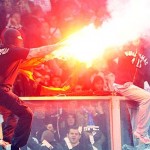 Once again the specter of soccer nationalism has risen from its still fresh grave in the shape of an angry Serbian mob. This is hardly surprising considering the majority of the ultras supporting the Serb national team are from Belgrade, and Red Star Belgrade’s supporters played an important role in many of the criminal massacres that characterized the Balkan Wars.
Once again the specter of soccer nationalism has risen from its still fresh grave in the shape of an angry Serbian mob. This is hardly surprising considering the majority of the ultras supporting the Serb national team are from Belgrade, and Red Star Belgrade’s supporters played an important role in many of the criminal massacres that characterized the Balkan Wars.
Now I don’t intend to engage of some sort of he said she said about the break up of Yugoslavia, but the fact is Željko Ražnatovi, or “Arkan” was in charge of Red Star Belgrade before the Balkan Wars broke out. Arkan formed a paramilitary unit called Arkan’s Tigers, recruiting most of the ultras from the club, and then systematically used the teams fixtures as a way to celebrate there victories. This group of supporters know as the Delije (Heroes), who don’t seem to grasp the irony of using a word that comes from their previous Ottoman overlords as their name, are also ultra-nationalists. Essentially, the Red Star ultras have played several roles over the past 20 years: brutal soldiers for militia leaders in the ethnic cleansing campaigns in Bosnia and Croatia; to revolutionary masses in the throng that overthrew Slobodan Milosevic as president in 2000; to street fighters in the neo-fascist campaign against the government, against the rest of Europe, against the US.
For example, Arkan’s unit, and many of its current fans, participated in the the siege at Vukovar. After taking it, they brought the bullet riddled road sign reading “Welcome to Vukovar” to the stadium and paraded it around during half time. In the book How Soccer Explains the World, Franklin Foer describes the rivalry between Serb and Croat teams as, “The new, or rather old, enmity could be seen visibly at the soccer stadium… fans sang about their respective slaughters.”This hardly a new phenomena for Serbia, as you can read in this article from 2004, and in some ways heralded the start of the Balkan Wars.
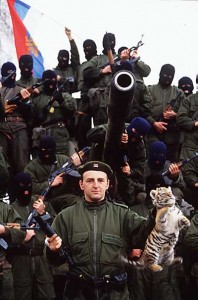
Clearly, the blame for this debacle falls squarely on Serbian heads, as no Italian fans were rioting inside the stadium. Whether the Serbian police should have never let these people on the buses to Genoa, or the fans themselves are held responsible for there actions, is up to UEFA; but it seems certain that the Serbian team will not be playing any further fixtures in Europe for a long time. The inability of Serbia to confront her actions during the Balkan Wars perpetuates this cult of nationalistic violence, and they must face up to the facts if they ever hope to be seen as a modern European country.
For my part, I hope the team isn’t banned from competition for the actions of a few bad people. It wouldn’t be fair to the team, or the majority of Serbs, but those who participated in the rioting or are associated with the Delije should never be allowed in to any international fixture.
Written by: Matthew Wall, editor, soccerprose.com

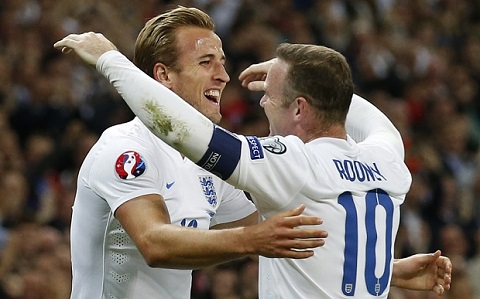
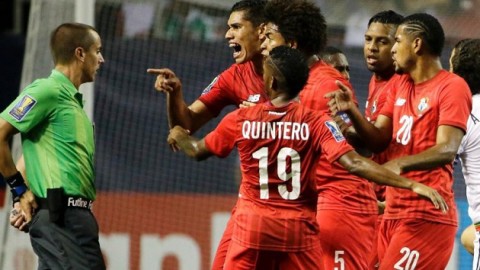
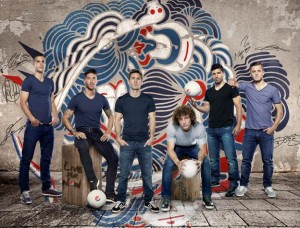
What the **** is this!, Serbia has the right to be proud of itself. Russia and serbia slavic brothers. SLAVA RUSSIA